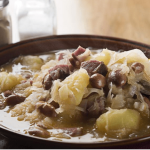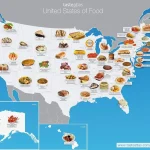April 14, 2020 – Looking for a good food recommendation but had enough of fake TripAdvisor reviews? A 2-year progress report on the global local food map project, TasteAtlas, with founder, Matija Babic.
It is almost two years since I sat with Matija Babic, best known as the owner of Croatia’s most independent and most popular news portal, Index.hr, to talk about his new project called TasteAtlas. A big departure from the world of Balkan news, TasteAtlas was a project for one of Babic’s biggest passions – gastronomy.
The concept was brilliant, yet simple – to create a global map of local food particular to each region, with detailed information on each dish, as well as the best places to try the dish – as recommended not by TripAdvisor or similar sites, but my food critics and gastronomy experts. TasteAtlas launched about two years ago, and you can read my last interview with Babic shortly after the project went live in April 2018.
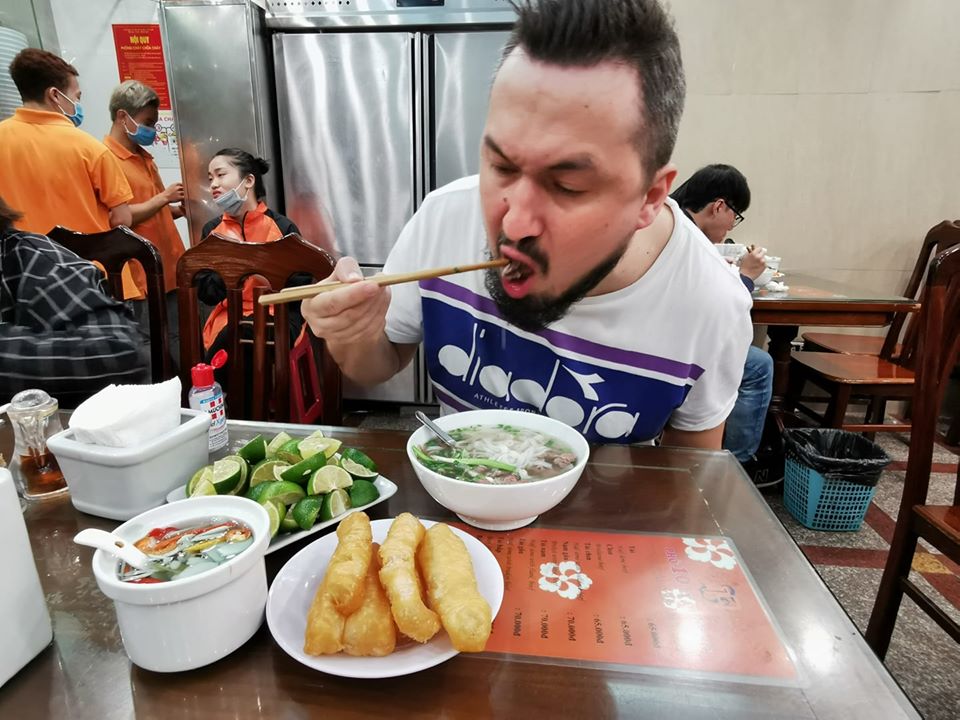
Babic is currently on a tour of Asia for TasteAtlas and finds himself locked down in Vietnam currently, from where he kindly agreed to a follow-up interview to give us a progress report on how TasteAtlas is doing.
1. TasteAtlas is a project of passion, which was three years in the making, and which will soon be two years old. Are you satisfied with the way things are going overall?
Yes and no. I was expecting a much quicker start, I didn’t think that we would program and fill it and ‘walk slowly’ for five years, nor did I think that I’d put so much money into it. The beginning was desperately slow. However, about half a year ago, we started to get going relatively quickly, some of the stuff was picked up by Google, and we started growing pretty quickly. We’re still not the A-League of Gastronomic Sites and Travel Guides, but we’re managing to reach 50,000 different people every day, mostly from America, which is stronger than the respected Italian Gambero Rosso, for example, or the great Great British Chefs Web.
The markets for travel sites and travel guides are so convoluted that it’s terribly difficult to break into them without a fantastic idea or strong background, much stronger than one Gambero Rosso has. I don’t have any background in gastronomy, but I believe I have the knowledge and a pretty good idea how to process it all and get into the A-League. I’m convinced that by the end of the year, we’ll achieve a financial break-even, and that in a year, we’ll become the leading site for international gastronomy.
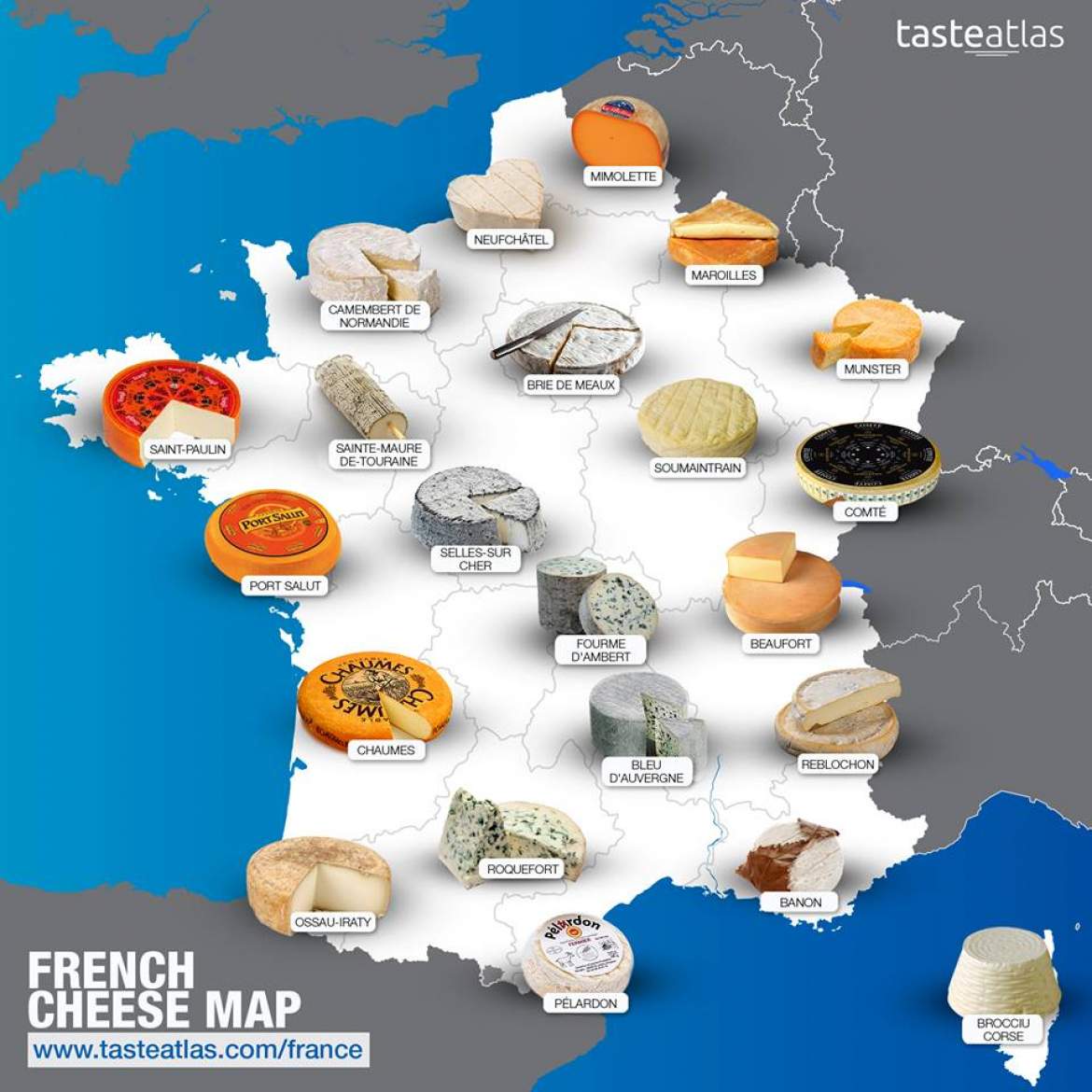
As my Croatian news portal Index.hr is visited by between half a million and a million people daily, these figures still seem small, but I’m pleased with the current growth rate.
In the end, when it comes to my emotions around the project, this is what needs to be understood: I’m not focused on the money but on lifestyle. I want to do beautiful things that I enjoy. TasteAtlas lets me do that. Yes, it’s started making some solid money too, but that wasn’t my priority. My priority is to do a great thing that people will like, raise it qualitatively and quantitatively, and then the money comes on its own.
2. TasteAtlas has been picked up all over the world by international media, as well as being a recommended resource for schoolchildren from the Irish Ministry of Education. Watching a project go truly global must be very satisfying. What have been the highlights of the journey so far?
That was great, I’m thrilled with that. We’re also delighted to hear from teachers and professors, mostly from America, who show us how their students learn from TasteAtlas. In addition, I was most pleased by the one-minute report on TasteAtlas on Italian television’s central daily news. The Italians, the kings of gastronomy, boasted that Italian dishes are at the top of a Bulgarian-Croatian startup’s top list. What a time.
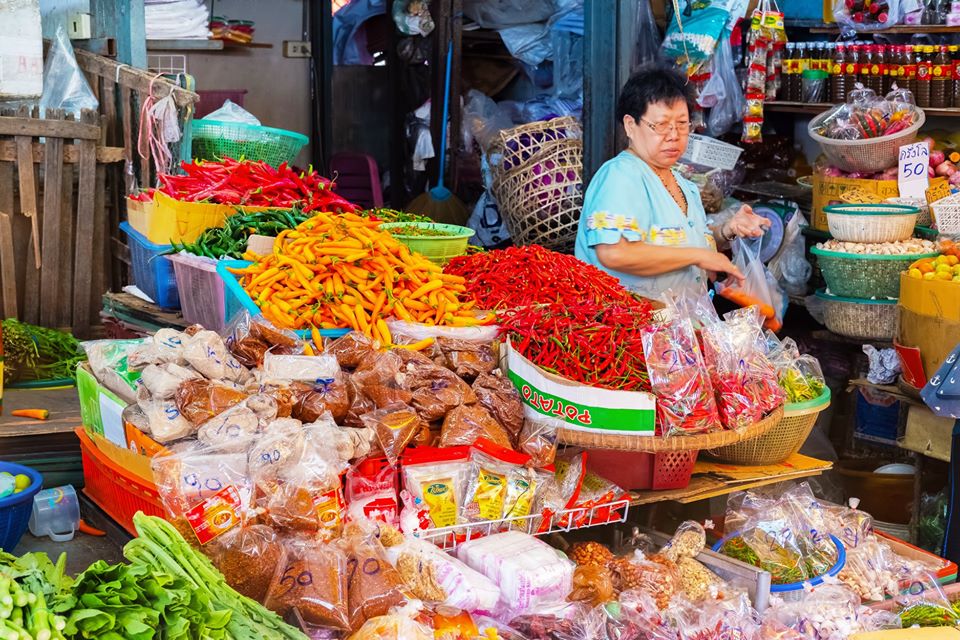
(Bangkok)
3. You have produced some great local food maps from all over the world, with the cheese map of France and the pasta map of Italy seemingly particularly popular. What has been the most popular page so far, and which food regions have surprised you by the level of interest?
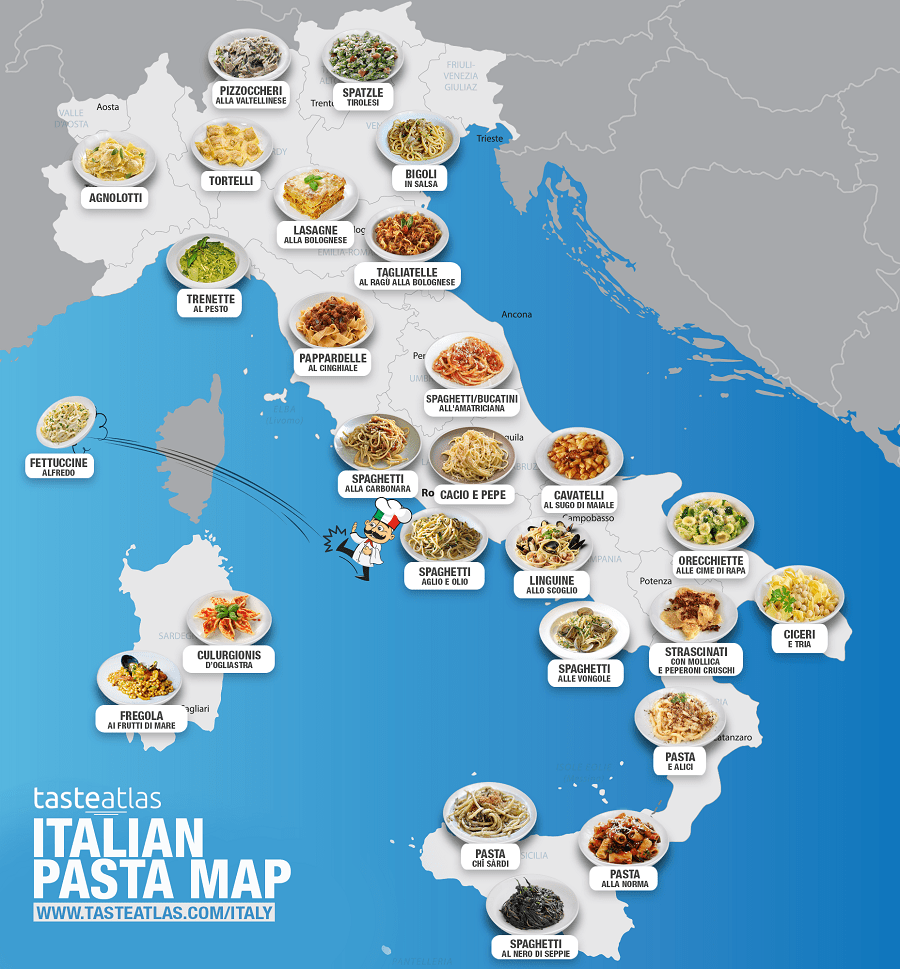
Our most popular pages are the top list of the most popular food, and the top list of the best dishes in the world. On top of that, we have an excellent cheese page. However, we’re currently growing the fastest on the pages we have which are at the top of Google in America, which are Japanese desserts and Scandinavian desserts. A lot of strong concepts are putting us into the top 10 on Google these days, so we’re expecting a lot of growth, say Indian Food, for which over 200,000 people search every day. Fish & Chips has been ranked in the top 10 by Google, and I have high expectations from such terms because we’re the only site in the world that offers comprehensive information about them: both general and historical food information, and recipes, and a list of the best restaurants. In England, 246,000 people every day search for Fish & Chips (we are currently ranked number 18). It’s enough to become number one on one such term for it to be worthwhile. And we’ll become number one on dozens of such terms. And in doing so, we’ll really provide visitors with everything that may interest them.
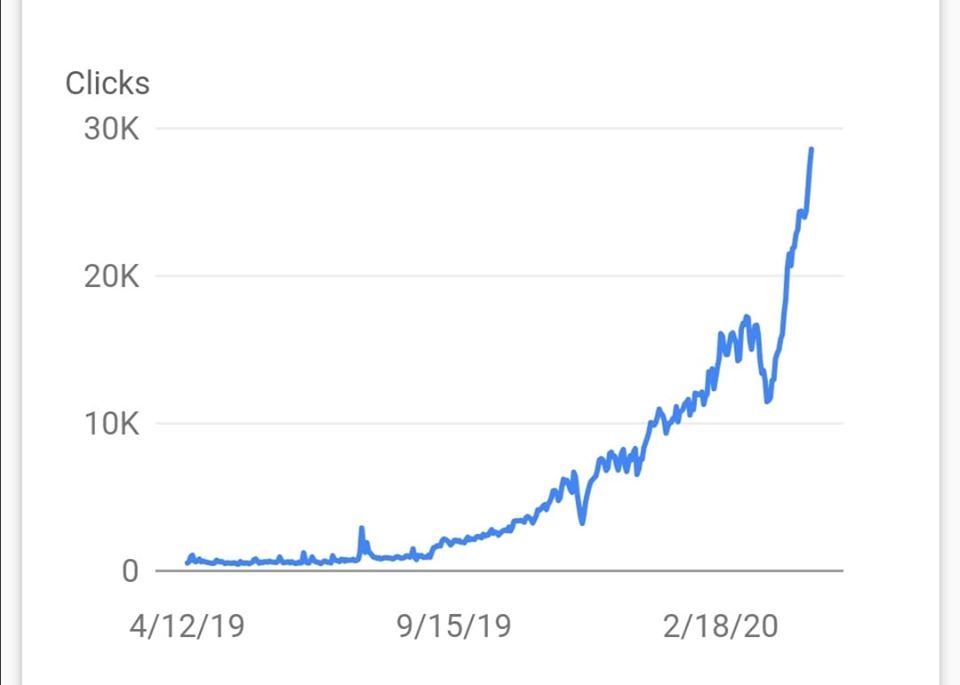
4. You are a gourmet lover and travel frequently. How have you found the TasteAtlas experience as a user, and what local dishes were your favourite discoveries so far?
TripAdvisor needs to do something urgently about the recommendation algorithm and identify false reviews in order to survive. Michelin interests me when I want a show at a restaurant. TasteAtlas recommends the highest quality and most reliable restaurants in the opinion of professional critics, with an emphasis on local ones. Wherever I go, I try out all the guides, but TasteAtlas has been the most useful tool for finding trusted authentic restaurants for some time now.
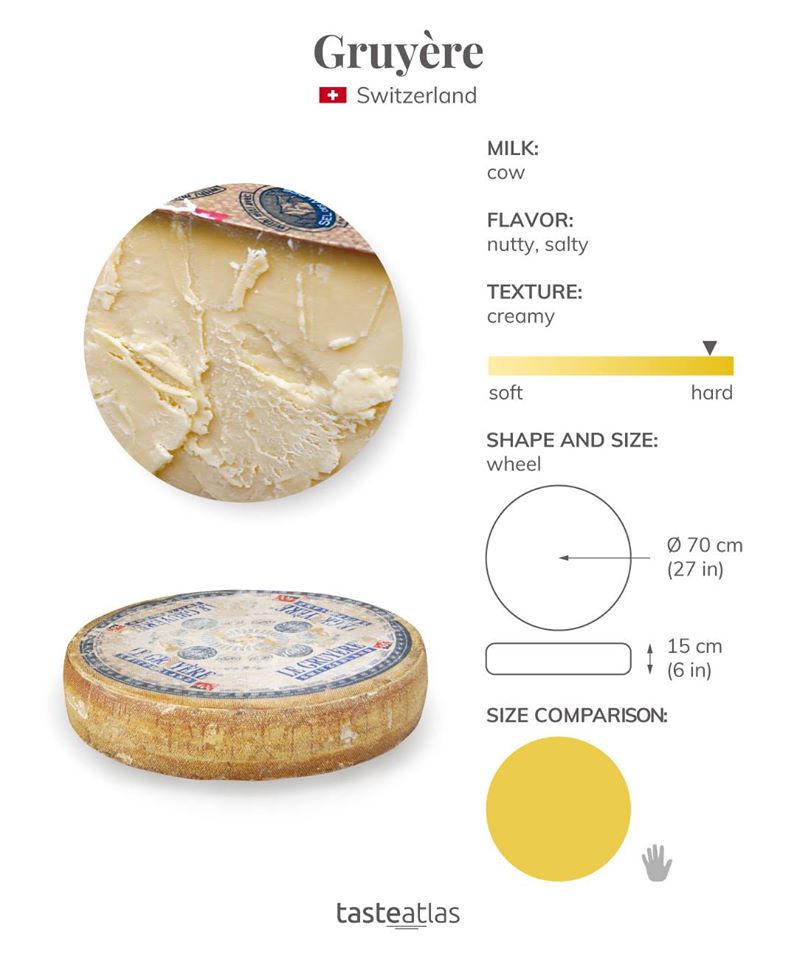
There are still cities where TasteAtlas takes me to some place that isn’t worth mentioning, but that’s happening less and less. This year, we’re launching the TasteAtlas Awards with a list of the best legendary restaurants in the world, where another key factor is the age of the restaurant. If one has survived for 100 years, then it’s probably worth something. It will be a bomb of a project and will further elevate the utility of TasteAtlas.
In short, wherever I travel, I keep track of what I miss from the information and what kind of information I’d like, and then upgrade TasteAtlas in that direction. And after I finalise TasteAtlas, I’m off to the next couple of global projects, which I’m looking forward to.
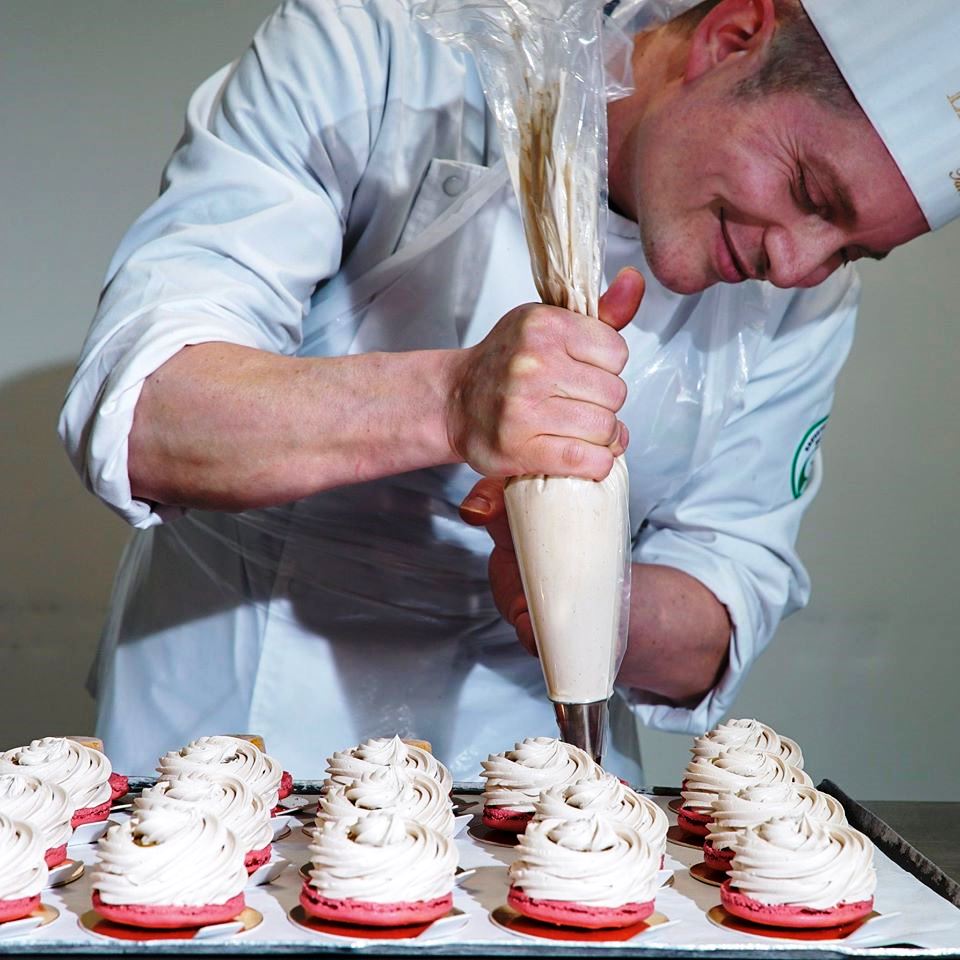
(Paris)
5. The project is one of discovery for you, covering local dishes from all over the world. Any previously unknown cuisines which are now on your radar? If yes, which ones and why?
Imperial Russian cuisine delights me. Caviar, pancakes, herring, stroganoff, vodka, yeast… I think Russian cuisine is the most underrated great cuisine in the world. Communism ruined its reputation, which destroyed the food like it destroys everything else. But Soviet food has nothing to do with imperial Russian cuisine, which to me is in the top 5 in the world, along with Italian, Japanese, Singaporean and American.
6. With such a global project, local user submissions are presumably quite welcome, either in information about dishes or original photography. If someone wants to contribute, what is the process?
The process is simple: register and recommend a restaurant for a meal, or if you’re unregistered, send us information and photos about a dish. All information is welcome, but we don’t publish any information before it’s further verified by our authors. One of the greatest strengths of TasteAtlas is that there is no bullshit. We don’t approve any restaurant criticism if it doesn’t seem to hold any weight to us.
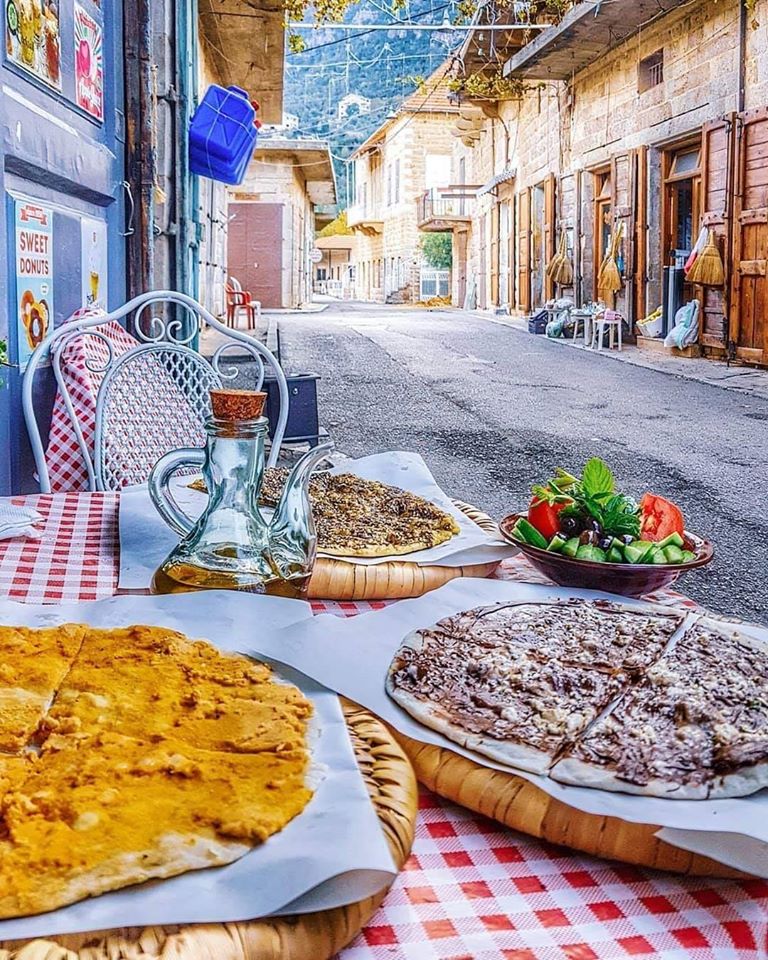
(Lebanon)
7. What is next for TasteAtlas?
As I mentioned, this year’s key project is the TasteAtlas Awards – a list of legendary restaurants and the best dishes in the world. In addition to that, we’re launching a manufacturer and product base. Then a couple more key things and an application, and then I can go onto the next projects at the end of next year.
8. And finally, as a man who now has a good grasp of global cuisine, it is really the case that we Brits have the worst food in the world?
No way. You have sensational beers. Great pies. English breakfast is one of the best in the world. Yorkshire pudding is the bomb. Fish & Chips is the bomb when done well, I enjoy restaurants that deal with this dish carefully and elaborately, and describe how flaky the fish is. Afternoon tea is one of the best gastronomic rituals in general. Pubs are great places to eat, drink and socialise, few cultures have such a great atmosphere as you have in pubs. I think British food and the whole atmosphere that accompanies it is just great.
You can take a tour of the TasteAtlas world of local food by visiting the official website.

